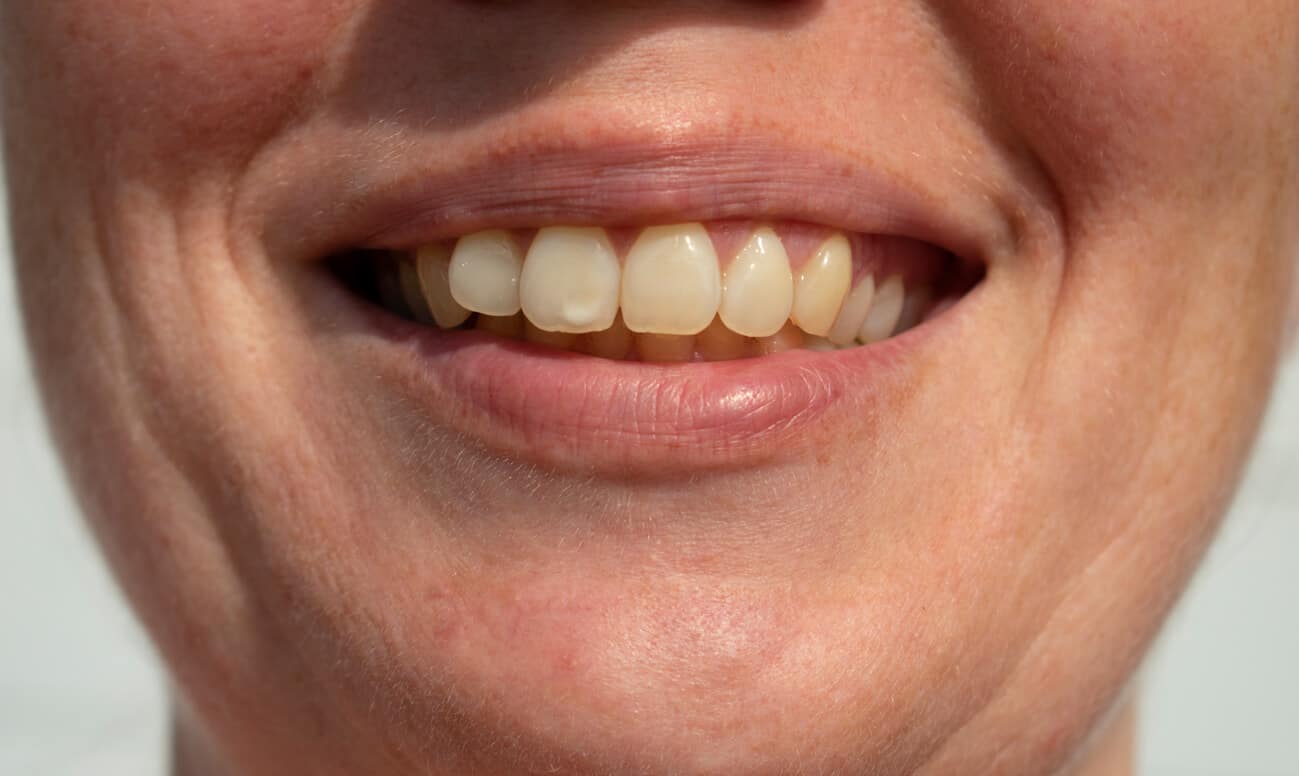-
-

ADULT ORTHODONTICS
Should You Use Mouthwash Before or After Brushing?Brushing and flossing are the foundation of a good oral hygiene routine, but mouthwash can also be a useful addition...

SELECTING DENTAL PRODUCTS
Soft Vs. Hard Toothbrush: Which One Should You Use?The toothbrush has come a long way. As the American Dental Association (ADA) notes...
-
Science & Innovation
- Oral Health and Dental Care | Colgate®
- Oral Health
- Bad Breath And Its Relationship To Oral And Systemic Diseases


“About 75 percent of bad breath or “halitosis” is caused by the mouth itself. Other causes include gastric problems, sinus infections or severe gum disease,” says Mark Wolff, DDS, Ph.D., director of operative dentistry at the State University of New York at Stony Brook.
One of the key successes in treating bad breath is determining the cause. Once your dental professional determines what the cause is then treatment for it can then begin.
Bad breath can be caused by the following:
- External factors – foods such as onions and garlic, beverages like coffee and alcohol, and smoking
- Poor oral hygiene – where plaque and food debris is left on the teeth
- Oral disease – gingivitis and periodontal disease
- Dentures – plaque and food debris can form on dentures, which need to be cleaned daily
- Tonsils – cryptic areas (crevices) in the tonsils can allow food debris to become lodged in the tonsil area
- Respiratory tract infections – throat, sinus and lung infections
- Dry mouth (Xerostomia) – can be caused by salivary gland problems, medication, mouth breathing, radiation therapy and chemotherapy
- Systemic diseases – diabetes, liver, kidney, lung, sinus diseases and gastrointestinal disorders
How does Oral Disease Relate to Systemic Disease?
Recent research suggests a relationship between oral disease and systemic diseases (diabetes, cardiovascular disease, stroke, respiratory infections and Alzheimer disease) and other medical conditions. When the gum tissue becomes inflamed causing gingivitis to occur, inflammatory mediators called cytokines that are in the gum tissue can enter your saliva and can also become aspirated into the lungs. Bacteria that are responsible for periodontal disease can also enter the circulatory system around the teeth and travel to other parts of the body. Oral bacteria may cause secondary infections or inflammation of other tissues or organ systems in the body (2).
Who Should You See If You Have Bad Breath?
If you believe your diet is causing bad breath, then consult with a dietician or nutritionist who can work with you to modify your diet. If you have poor oral hygiene and are suffering from gingivitis (inflammation of the gum tissue in your mouth) or have periodontal disease (bone loss around the teeth sometimes referred to as “pyorrhea”), consult your dentist and periodontist and work with your dental hygienist to improve gingivitis and thorough oral hygiene instruction at home. The tonsils and respiratory infections will need to be followed by your physician or a specialist such as an ear, nose and throat physician or pulmonologist. A large majority of people in the United States are suffering from dry mouth due to medications they may be taking, salivary gland dysfunction and those who may be going through radiation and chemotherapy treatment for cancer therapy. Please consult your oral maxillofacial
surgeon, your physician or oncologist for their professional recommendations for prescription or over-the-counter products that can alleviate dry mouth symptoms. Those patients who are diabetics, have liver or kidney conditions, and gastrointestinal disorders should see their physician, urologist or gastroenterologist for their insights on how bad breath can be reduced regarding these systemic diseases. Contact your dentist office for a recommendation of which dental or medical professional you should see for your bad breath condition.
References:
1. Ooh, That Smell: What to Do if It’s Coming From You – Dentists Discuss Treatments for Bad Breath. Reviewed information at hhttp://www.webmd.com/news/20010809/ooh-that-smell-what-to-do-if-its-coming-from-you.
2. The oral cavity plays an important role in the overall health of the body. Reviewed information at www.oralsystemicconnection.com.
11/15/2010
Related Products

Helping dental professionals
More professionals across the world trust Colgate. Find resources, products, and information to give your patients a healthier future










